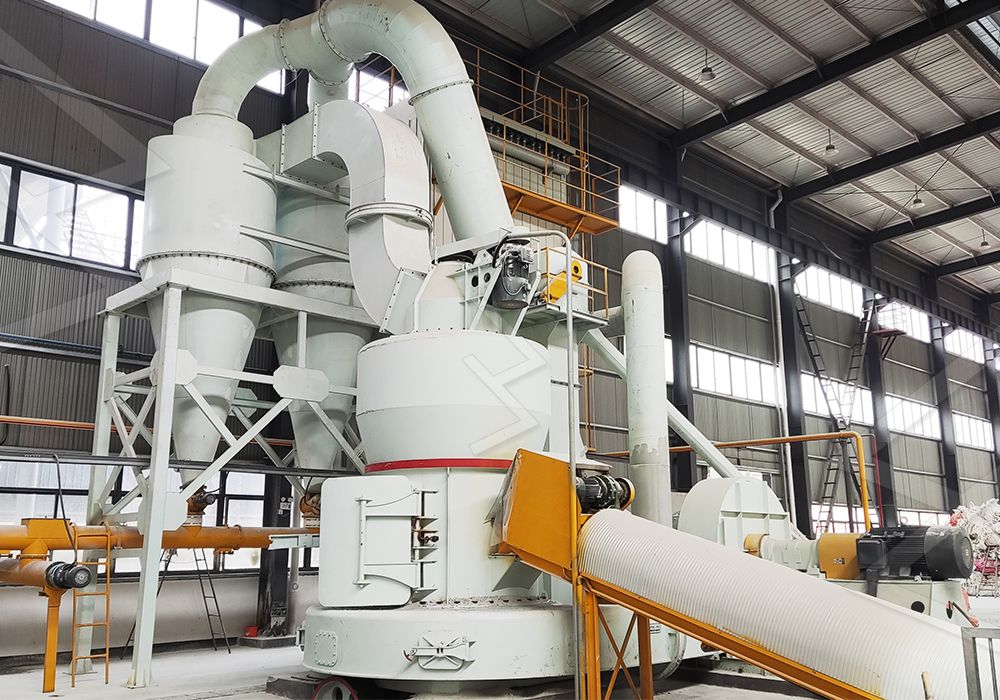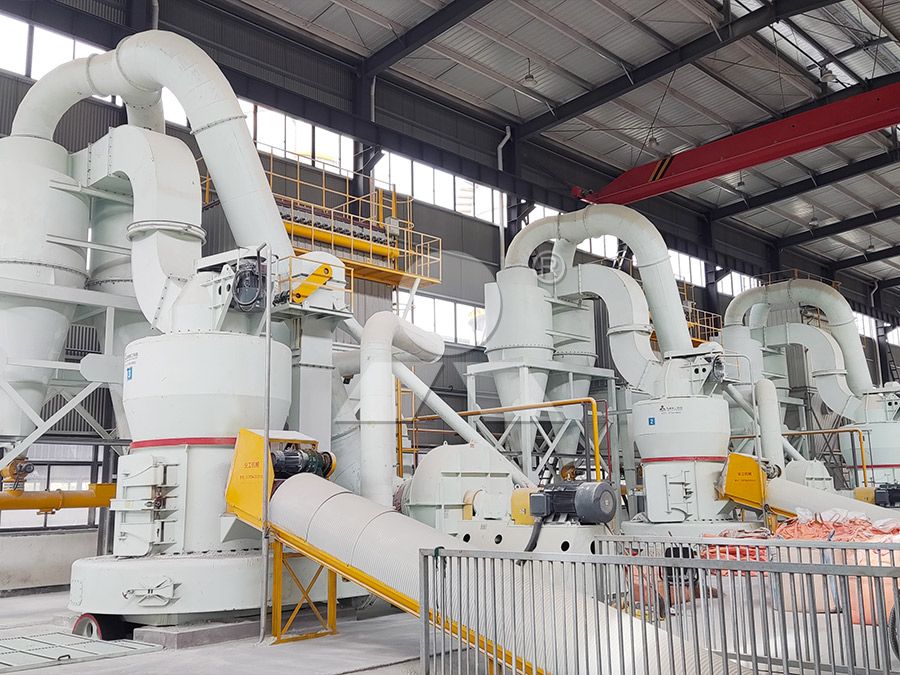Industry News
How to Select a Bentonite Grinding Mill for Drilling Mud and Other Industrial Applications in Nigeria
2025-10-28 09:45:51
We are Liming Heavy Industry, a manufacturer of various types of industrial crushers, such as Raymond Mill, Trapezoidal Mill, Vertical Mill, Ultrafine Mill, Ball Mill, etc.
Our mills can process the following minerals:
limestone, quicklime, kaolin, talc, barite, bentonite, calcium carbonate, dolomite, coal, gypsum, clay, carbon black, slag, cement raw materials, cement clinker, etc.
If you need a mill to process stone or minerals into powder, please feel free to contact me (WhatsApp: +86 153 3380 7511). Thank you.
Bentonite is an essential industrial mineral widely used in drilling mud, civil engineering, foundry, and environmental protection. In Nigeria, the demand for high-quality bentonite continues to increase as the oil and gas, construction, and manufacturing sectors expand. To achieve the right particle size and performance, bentonite must be processed through an efficient grinding system that ensures uniformity, stability, and low operating costs. Selecting the right bentonite grinding mill is therefore a key step for producers aiming to improve product quality and production efficiency.

When choosing a grinding mill for bentonite, several factors must be considered — including production capacity, fineness requirement, energy consumption, and maintenance cost. Bentonite is known for its moisture retention and high viscosity, which can make grinding challenging. Thus, the mill should be capable of simultaneous drying and grinding while maintaining a stable feed rate and consistent output.
Liming Heavy Industry, a well-established manufacturer of industrial grinding equipment, offers advanced solutions for bentonite processing in Nigeria. The LM Vertical Grinding Mill is a preferred option for large-scale bentonite production lines. It integrates grinding, drying, and classification into one compact system, which significantly reduces floor space and energy consumption. Its high drying efficiency and precise control of product fineness make it suitable for drilling mud and other demanding industrial applications.

For medium and small-scale producers, Liming's MTW European Grinding Mill and Raymond Mill provide efficient and flexible options. These mills are equipped with advanced air circulation systems and precise powder classifiers, allowing consistent product quality across batches. They also feature simple maintenance structures and stable operation, reducing downtime and ensuring a lower total cost of ownership.
Compared with conventional mills, Liming Heavy Industry's grinding equipment delivers higher output and improved energy savings. The closed-circuit system minimizes dust emission and environmental impact, aligning with Nigeria's growing focus on sustainable industrial practices. Moreover, Liming provides complete technical support — from project design and installation to training and after-sales service — ensuring long-term operational stability for customers.
By choosing a high-efficiency grinding mill from Liming Heavy Industry, Nigerian manufacturers can enhance production efficiency, improve bentonite quality, and strengthen competitiveness in both domestic and export markets.
_1761355701097.jpg)
FAQs
1. What makes bentonite important in drilling mud applications?
Bentonite improves the viscosity, suspension, and sealing properties of drilling fluids, ensuring borehole stability during drilling operations.
2. Which grinding mill is best for bentonite processing?
The LM Vertical Grinding Mill from Liming Heavy Industry is ideal for large-scale production, while MTW and Raymond Mills suit smaller setups.
3. How fine can Liming's mills grind bentonite?
Depending on the model, product fineness ranges from 80 to 400 mesh, meeting different industrial requirements.
4. What are the advantages of vertical grinding technology?
It combines drying, grinding, and classifying in one system, reducing power consumption and ensuring consistent output quality.
5. Can these mills handle other materials?
Yes. They are suitable for grinding barite, limestone, dolomite, kaolin, gypsum, and other non-metallic minerals.
6. Is Liming's equipment suitable for Nigeria's environment?
Yes. The machines are designed to operate efficiently in hot and humid climates with stable performance and low maintenance needs.
7. Does Liming Heavy Industry provide technical support?
Yes. The company offers full support including equipment installation, operator training, and after-sales maintenance.
8. Why should Nigerian producers choose Liming Heavy Industry?
Because of its proven technology, durable equipment, and commitment to delivering cost-effective, energy-efficient grinding solutions.







